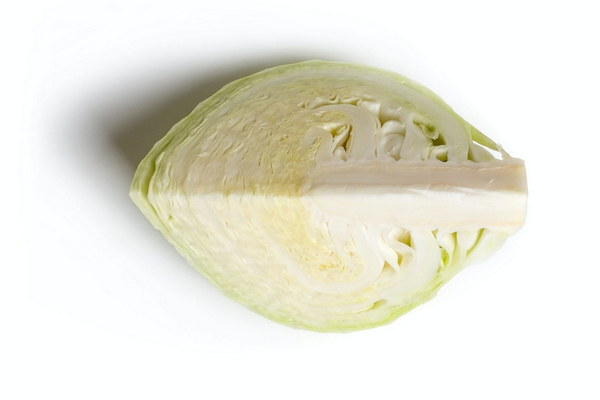Post-Dialysis A Comprehensive Guide to Body Care and Maintenance
Introduction:
Dialysis is a life-saving treatment for individuals with kidney failure, but it does not cure the condition. Once dialysis is completed, proper care and maintenance of the body become crucial for maintaining overall health and well-being. This article provides a comprehensive guide to post-dialysis body care, highlighting essential tips and strategies for individuals to follow.
1. Fluid Management:
After dialysis, it is important to monitor and manage fluid intake carefully. Excess fluid can lead to swelling, high blood pressure, and increased workload on the heart. Here are some tips for fluid management:
- Follow the prescribed fluid restrictions set by your healthcare provider.
- Keep a daily fluid diary to track your intake.
- Avoid high-sodium and high-sugar foods, as they can contribute to fluid retention.
- Stay hydrated by drinking water, but do so in moderation.
2. Diet and Nutrition:
A well-balanced diet is essential for post-dialysis care. The following guidelines can help:
- Consume a high-protein diet, as it supports muscle mass and overall health. Good sources include lean meats, fish, eggs, dairy, and plant-based options like lentils and tofu.
- Limit potassium intake, as high levels can be dangerous. Avoid high-potassium foods such as bananas, oranges, and potatoes.
- Reduce phosphorus intake by avoiding high-phosphorus foods like dairy products, nuts, and beans.
- Choose low-sodium and low-potassium salt substitutes or herbs for flavor.
- Consult a renal dietitian for personalized dietary advice.
3. Exercise and Physical Activity:
Regular exercise is vital for maintaining strength, endurance, and overall well-being. Here are some exercise recommendations:
- Engage in moderate-intensity aerobic activities like walking, swimming, or cycling for at least 30 minutes most days of the week.
- Perform strength training exercises twice a week to improve muscle mass and bone density.
- Consult with a physical therapist to create an exercise plan tailored to your individual needs and limitations.
4. Sleep and Rest:
Adequate sleep and rest are crucial for recovery and overall health. Consider the following tips:
- Aim for 7-9 hours of quality sleep each night.
- Establish a regular sleep schedule by going to bed and waking up at the same time each day.
- Create a comfortable sleep environment by keeping the room dark, quiet, and at a comfortable temperature.
5. Mental Health:
Dealing with kidney disease and dialysis can be emotionally challenging. Here are some strategies to maintain mental health:
- Seek support from friends, family, or support groups.
- Consider therapy or counseling to address emotional and psychological issues.
- Practice stress-reduction techniques such as meditation, deep breathing exercises, or yoga.

6. Regular Medical Follow-up:
Stay in close contact with your healthcare provider to monitor your condition and adjust treatment as needed. Regular follow-ups include:
- Regular blood tests to monitor kidney function and electrolyte levels.
- Periodic physical exams to assess overall health and identify any potential complications.
- Regular dialysis sessions to maintain kidney function.
Conclusion:
Post-dialysis body care is essential for maintaining overall health and well-being. By managing fluid intake, following a balanced diet, staying active, ensuring adequate sleep, maintaining mental health, and keeping regular medical follow-up, individuals can lead fulfilling lives after dialysis. Always consult with healthcare providers for personalized advice and support throughout the journey.









